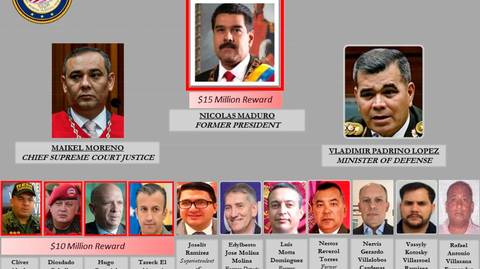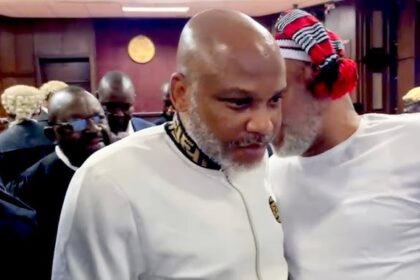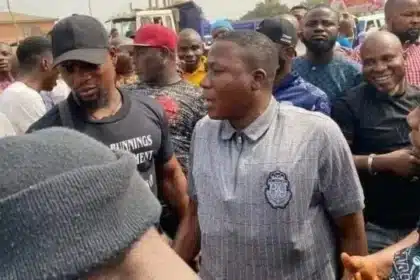Alvaro Fredy Córdoba Ruiz, brother of the late Colombian politician Piedad Córdoba, has made explosive claims from a U.S. prison. He is currently serving a 14-year sentence for drug trafficking. In May 2025, he submitted a letter to the U.S. District Court in Manhattan requesting a reduced sentence of five years.
Córdoba described himself as a minor figure in a far-reaching cocaine operation. He claimed the network involved senior Venezuelan military officials. U.S. authorities have long referred to this operation as the “Cartel of the Suns,” a name taken from the gold sun insignias worn by Venezuelan generals.
“For several decades, the defunct president of the South American country, Hugo Rafael Chávez Frías, grouped into an organization that exports illicit drugs high-ranking generals of the Venezuelan military,” Córdoba wrote.
He alleged that Chávez personally formed this alliance. According to him, it linked Venezuelan generals with Colombia’s former rebel group, FARC. He named former FARC commander Rodrigo Londoño Echeverri as one of the participants. In a surprising revelation, Córdoba also implicated his sister, Piedad Córdoba Ruiz, who died in January 2024. She had long been suspected of ties to armed groups but was never convicted.
Córdoba argued that his own role was minimal. He said he only served as a “secretary, messenger, and clerk” to his sister. “I am nothing more than a minor, defenseless and harmless actor in this complex criminal network,” he told the court.
U.S. authorities consider the “Cartel of the Suns” a non-traditional drug cartel. They describe it as a loose alliance of Venezuelan politicians and military officers. These actors allegedly use state resources—airfields, diplomatic routes, and naval assets—to move Colombian cocaine through Venezuela. The drugs are then transported to the Caribbean, Central America, and Europe.
In 2020, the U.S. Justice Department indicted Venezuelan President Nicolás Maduro and over a dozen officials. Prosecutors accused them of forming a “narco-terrorist enterprise.” The indictment claimed Chávez created the cartel to “flood the United States with cocaine,” generating billions of dollars in illegal profits.
The U.S. later increased the rewards for the capture of Maduro and his close ally Diosdado Cabello to $25 million each. They are believed to be the current leaders of the cartel. Another $15 million reward was offered for Defense Minister Vladimir Padrino López. All three face drug trafficking charges in U.S. courts. These rewards are the highest allowed under U.S. drug enforcement laws.
Córdoba’s conviction stems from a failed cocaine deal in 2022. Prosecutors said he attended a meeting with members of a Colombian-Venezuelan trafficking group. He identified the real organizers as “Comandante Martín,” “Héctor,” and Libia Amanda Palacio Mejía. Córdoba was extradited later that year and sentenced in 2024.
He argues that his sentence was influenced more by his family name than by his actions. His sister, Piedad, was a well-known and controversial figure in Colombian politics. She had served as a mediator with FARC rebels and had ties to various leftist governments. Though she was never charged, both U.S. and Colombian officials watched her closely.
While Chávez denied any role in drug trafficking, his government maintained relationships with guerrilla groups. U.S. officials accused him of protecting FARC leaders and helping move cocaine. One key figure, former Venezuelan General Clíver Alcalá Cordones, surrendered to U.S. authorities in 2020. He reportedly began cooperating with investigators.
Córdoba ended his letter with a plea to return to Colombia. He said he wishes to care for his ailing partner and rebuild his life. “I have already served three years,” he wrote. “It would be fair, adequate and appropriate to return to my country, return to my home and support my family.”









